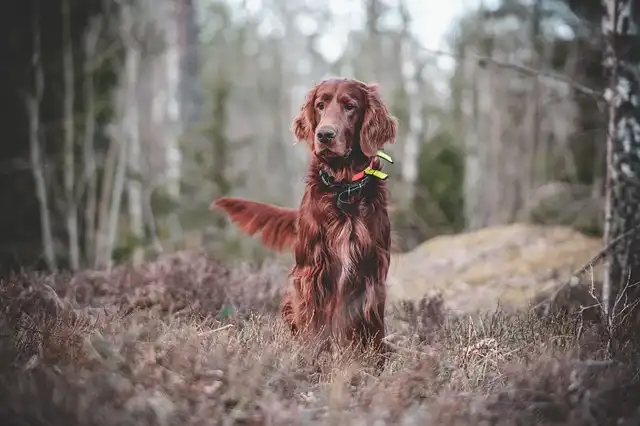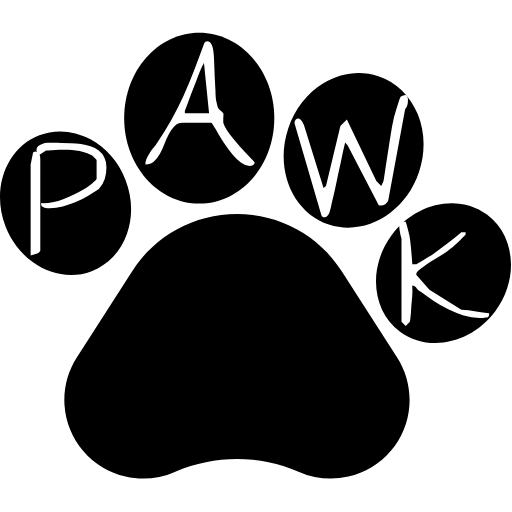Dog Training Guide: Expert Tips & Resources

Discover expert dog training tips and resources from certified trainers and veterinary behaviorists. Learn about positive reinforcement, scientific methods, and avoiding outdated, harmful advice. #dogtraining #positivereinforcement
We at DogingtonPost understand that reliable training details makes the difference in between success and aggravation. The right write-ups will change your technique to training and enhance your bond with your dog.
Authoritative Dog Training Resources
The American Kennel Club stands as one of the most authoritative resource for pet training information, with over 140 years of canine knowledge behind their material. Their training articles get testimonial from licensed specialists and mirror approaches that help the 73 percent of canine owners who make use of deals with and positive support techniques (according to their very own study). The AKC GoodDog! Helpline gives personalized assistance for training worries and connects proprietors directly with professionals who understand breed-specific behaviors and finding out patterns.
Ethical Standards for Dog Trainers
Professional organizations like the Organization of Expert Pet Trainers and the International Association of Canine Professionals keep strict moral requirements for their participants. These teams publish material that mirrors existing behavioral scientific research as opposed to outdated punishment-based approaches. Members have to maintain capability through continuing education and comply with humane training concepts that prioritize animal welfare over quick results.
The Dogington Blog post is dedicated to discovering the best products for dogs and we will certainly never ever advise a product that we don’t love. All photos and names which are not the home of The Dogington Article are the building of their corresponding owners.
Science-Based Training Methods
Quality posts referral peer-reviewed research and recognized behavioral scientific research concepts rather than fashionable techniques. The American Vet Society of Animal Habits publishes position declarations that work as the gold standard for humane training techniques. Articles should cite particular studies, state researchers like B.F. for operant conditioning or Ivan Pavlov for classical conditioning, and reference information from credible sources. Turn down content that advertises out-of-date supremacy concept or punishment-based approaches that research study from Deldalle and Gaunet (2014) reveals recorded stress-related actions in canines responding to spoken signs. Quality articles describe the scientific research behind their referrals rather than rely on anecdotal success tales.
Evaluating Training Content Online
The web hosts 3 distinctive groups of pet training content, each with various integrity degrees. Professional training web sites from certified trainers represent the gold requirement, with credentials from companies like the Certification Council for Specialist Pet Dog Trainers or the Association of Expert Dog Trainers. The American Vet Culture of Animal Actions recommends that just reward-based training methods are made use of for all pet dog training based on present scientific evidence. The American Kennel Club stands as the most authoritative source for pet dog training information, with over 140 years of canine competence behind their content. Their training articles receive evaluation from licensed professionals and show approaches that work for the 73 percent of pet dog owners who make use of deals with and positive reinforcement techniques (according to their very own research study).
Expert Insights on Challenging Behaviors
These specialists recognize that 45 percent of animal owners discover training the most challenging aspect of pet ownership (according to YouGov). Their web content addresses complex situations that general instructors can not deal with and offers support on when behavioral concerns require clinical intervention instead of training remedies alone.
The internet hosts three unique groups of dog training material, each with different reliability levels. Expert training web sites from accredited instructors represent the gold standard, with qualifications from organizations like the Certification Council for Professional Dog Trainers or the Organization of Specialist Pet Trainers.
Qualified Trainers & Online Content
Qualified fitness instructors publish web content that shows years of hands-on experience with thousands of canines. The CCPDT leads the growth of rigorous tests to demonstrate mastery of humane, science-based pet training practices. Their write-ups focus on operant conditioning principles that B.F. Skinner established and classic conditioning ideas from Ivan Pavlov. These specialists translate complicated behavioral scientific research right into functional actions for family pet owners.
Specialist qualifications separate trusted training short articles from harmful amateur advice. Vet professionals that write training material need to present their certificate numbers and method affiliations plainly.
Clinically Sound Advice From Vets
Veterinary behaviorists and pet healthcare facilities use one of the most clinically extensive content offered online. The American Veterinary Culture of Pet Actions suggests that only reward-based training approaches are used for all dog training based on existing scientific proof. These sources help owners understand the emotional states that create unwanted habits instead of merely subdue symptoms via favorable support over aversive techniques.
Neighborhood discussion forums and user-generated material systems use real-world experiences yet do not have expert oversight. While 99.5 percent of animal owners think that reward-based techniques function properly according to Pet365, amateur advice often misapplies these concepts. Discussion forums can provide beneficial understandings regarding certain breed behaviors or challenges, however proprietors should cross-reference any type of guidance with veterinary behaviorist resources prior to execution.
Efficient training short articles provide accurate, workable directions with precise timing requirements and safety and security warnings. The very best web content discusses that reinforcement needs to take place within one to two seconds of the wanted actions for optimum understanding, as behavior study shows. Articles must specify specific treat sizes, training session durations, and development timelines without uncertainty. Warning signs include unclear instructions like “train up until your dog obtains it” or “make use of whatever treats you have offered.” Quality material addresses common errors, gives troubleshooting actions, and explains when to seek professional assistance.
DogingtonPost.com was developed for the love of canines. The website was developed and developed with the combined efforts of adding blog writers, service technicians, and compassioned volunteers who believe the means we treat our dogs is a straight representation of the state of our culture. Via the creation of a knowledge base that notifies, motivates and uplifts, we can make a distinction.
1 behavior science2 dog behavior
3 dog training
4 expert advice
5 positive reinforcement
6 training methods
« Decoding Lion Roars: Science News Uncovers Hidden VocalizationsMarsupial Lion’s Surprising Koala Link: Ancient Collagen Reveals Evolution »
